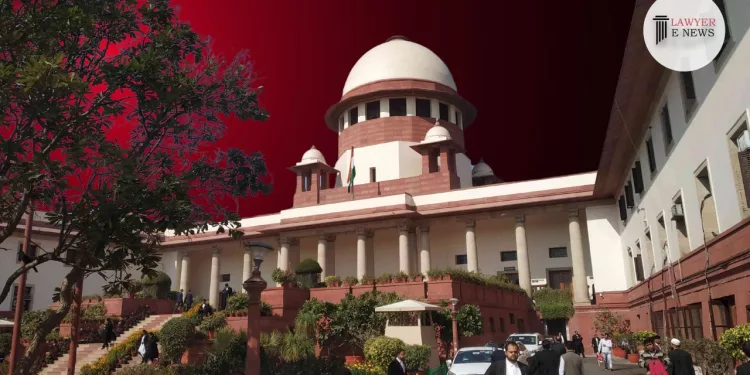Split Verdict On The Interpretation And Applicability Of Section 17A Of The Prevention Of Corruption Act, 1988: Supreme Court Refers To Larger Bench

In a significant development, the Supreme Court of India has referred the case involving former Chief Minister Nara Chandrababu Naidu to a larger bench. This decision comes after a bench comprising Justices Aniruddha Bose and Bela M. Trivedi delivered a split verdict on the interpretation and applicability of Section 17A of the Prevention of Corruption Act, 1988.
The case, arising out of a petition for special leave to appeal, centers around allegations of corruption and misappropriation of government funds against Naidu. A key point of contention is the interpretation of Section 17A, introduced by the Prevention of Corruption (Amendment) Act, 2018, which prohibits any enquiry, inquiry, or investigation into offences alleged against a public servant without prior approval, where the offences are related to decisions or recommendations made in their official capacity.
Justice Aniruddha Bose, in his judgment, highlighted the complexities surrounding the retrospective or prospective applicability of Section 17A. “The key issue centers around whether Section 17A applies retrospectively or prospectively,” Justice Bose noted, emphasizing the need for clarity on this significant legal point.
On the other hand, Justice Bela M. Trivedi opined that Section 17A should be viewed as a substantive provision applying prospectively to offences defined post-amendment and not to repealed offences. “The majority opinion suggests Section 17A is substantive, applying prospectively to offences defined post-amendment,” Justice Trivedi observed.
The divergence in opinions led to the referral of the matter to a larger bench for a definitive resolution. The case has garnered significant attention, given its implications for the interpretation of anti-corruption laws in India, particularly concerning high-profile public servants.
The Supreme Court’s decision to refer the matter to a larger bench reflects the complexity and significance of the legal questions involved. The final outcome of this case is eagerly awaited, as it is expected to set a precedent for how Section 17A of the Prevention of Corruption Act is applied in future cases involving allegations of corruption against public servants.
Date of Decision : 16 Jan 2023
NARA CHANDRABABU NAIDU VS THE STATE OF ANDHRA PRADESH & ANR






